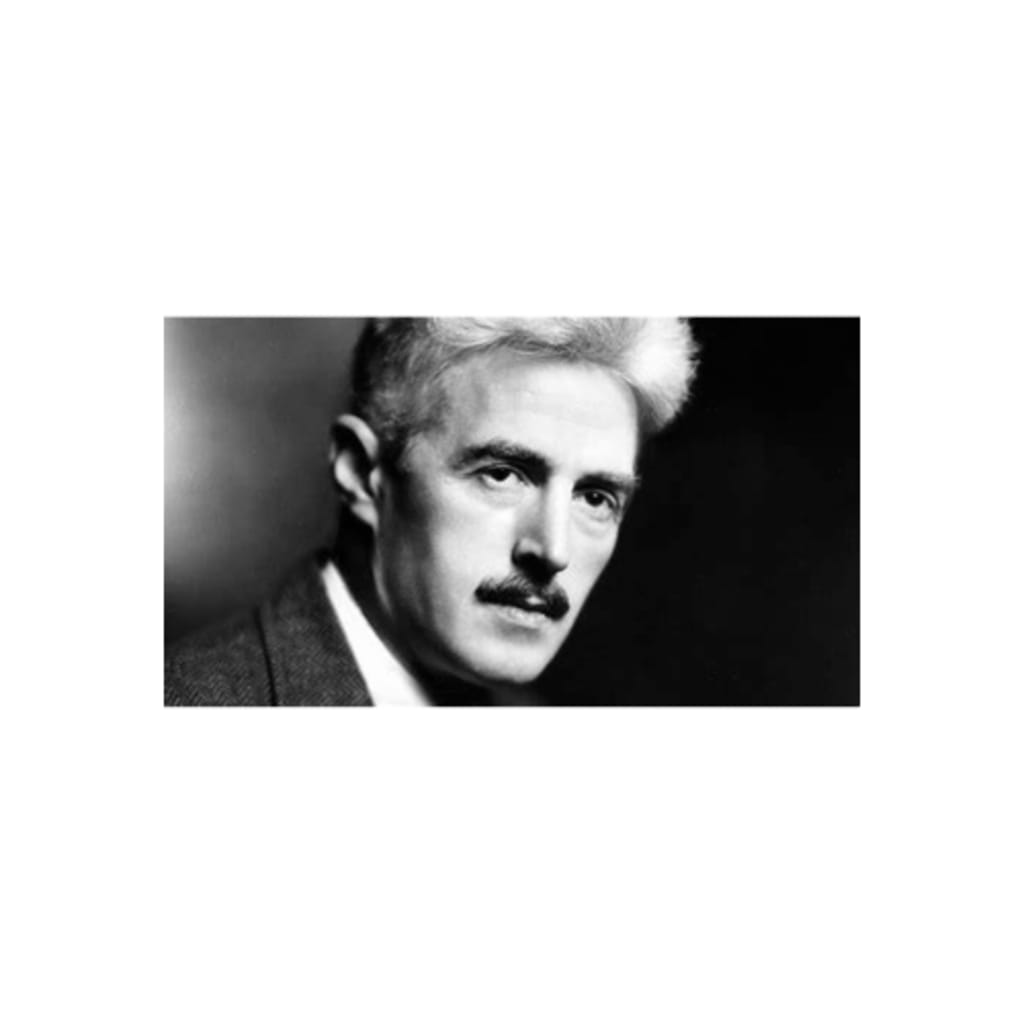
Samuel Dashiell Hammett (1894–1961) lived a dangerous and exciting life, just like the author of Don Quixote, Miguel Cervantes. He dropped out of school when he was 14 and worked hard jobs like freight clerk, stevedore, and nail-machine operator before getting a job as a Pinkerton detective. This is sometimes called an “American practical education.” He was a Pinkerton agent for four years before he joined the Army. He got tuberculosis there, and he had problems with it off and on for the rest of his life.
In 1919, he went back to work for Pinkerton. The next year, he married a nurse from the hospital where he had been treated.
At age 23, he put out several short stories. Bitter and upset, the young writer turned to alcohol, which made him leave his wife and young daughter. Later, when he had calmed down and had had some success, they went back to him. But in 1937, they finally got a divorce.
Hammett made a decent living for seven years by writing short crime stories about the Continental Op, mostly for the magazine “Black Mask.” Two novels, Red Harvest and The Dain Curse, were first published in the magazine and then, with little success, rewritten and published as books. Then, in 1930, when The Maltese Falcon came out, Hammett became well known. In a few years, the book went through over twenty hardcover printings.
John Huston and Humphrey Bogart, Mary Astor, and Sydney Greenstreet made the now-classic movie in 1931.
In a letter from this time, Hammett wrote he was “long and thin and gray-headed and very lazy, with no goals and no fun.” He didn’t say that drinking a lot and gambling were his hobbies.
As the money came in, he didn’t feel the need to work anymore. He also wrote a few short stories and two more books, The Glass Key (1931) and The Thin Man (1934). Aside from that, he went to Hollywood and saw movies based on his books. The Thin Man gave him a whole series of movies, some of which were based on his original screenplays. Even though he was successful, he kept drinking. He met Lillian Hellman when she was young, and she said that when they met, he was coming down from a five-day bender.
He encouraged her to write while they were living together. In 1934, her first play for the stage, The Children’s Hour, was a tremendous hit.
It was the start of her career, but Hammett’s was over.
He lived for another twenty-seven years but did nothing else. He was only a novelist for a short six years, and he was a writer for twelve years.
In the late 1930s, Hammett thought it was likely that Sam Spade and Nick Charles would continue to bring in money through radio shows, movies, and cartoons, even if he didn’t have to do much more than come up with ideas and a few lines of dialogue.
During these years, Hammett got involved in left-wing politics in Hollywood.
He joined the US Army Signal Corps again in September 1942. When he joined the Army, he was 48 years old. He quickly volunteered for overseas duty, shipping out to the Aleutian Islands, which have a climate similar to Siberia. He said, “You had snow up to your waist in the winter and mud up to your waist in the summer.”
His fellow soldiers called him “Pop.” He ran a four-page daily paper for the troops. He also gave the boys money and paid their bar bills. Emphysema made him leave the Army soon after the war was over.
With the reprinting of the Continental Op stories in paperback, the Hammett boom kept going. This meant that his income was stable. Because he kept drinking, he had to go to the hospital. So, he stopped drinking all at once and lived another twelve years.
He spent six months in prison because of his left-wing political views. He wouldn’t tell a committee of Congress the names of the people who gave money to the Congress’s bail bond fund. Lillian Hellman says that he had never been to the Congress office and didn’t know the name of a single contributor. He thought freedom, patriotism, and democracy were important.
He told Lillian Hellman in a letter that his job in prison was to clean bathrooms, and that he did it better than she ever had.
Blacklisted, Hammett fell out Hollywood’s good graces.
Joe McCarthy tried to get Hammett’s books taken off the shelves of libraries outside of the United States. He owed $140,000 in back taxes, so the IRS sued him.
He moved to Katonah, New York, to live in a small, ugly country cottage. In the summer, he went to Martha’s Vineyard. He did a lot of reading.
He died in January 1961, not from tuberculosis or drinking too much, but from lung cancer that was getting worse.
My best seller this month so far is La Dame aux Camelias in Contemporary American English Barnes and Noble . My translation of Alexander Dumas (fils) magnificent novel.
My articles are first written by Writesonic (AI) and then I edit them. Of all the AI software out there, Writesonic is the best and most economic.
About the Creator
Marciano Guerrero
Marciano Guerrero is a Columbia University graduate, retired business executive, retired college professor, and a disabled Vietnam Veteran. I enjoy writing fiction, and essays of human interest. I also have a keen interest in AI.





Comments
There are no comments for this story
Be the first to respond and start the conversation.